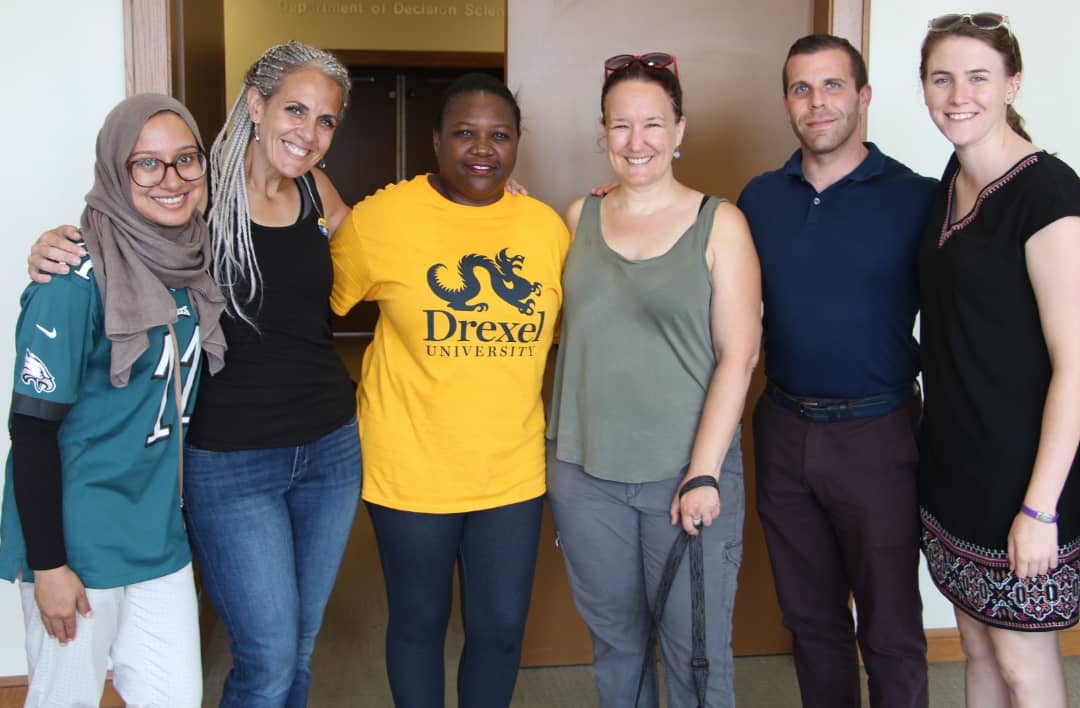According to a study published in Deafness and Education International in 2021, “Challenges facing deaf children in Malawi in accessing education,” (https://www.tandfonline.com/doi/abs/10.1080/14643154.2021.1952374), many deaf children in the country struggle in mainstream classrooms.
“Yet the field remains in disarray, especially as many deaf children struggle in inclusive mainstream schools. Most special schools for deaf children are boarding schools that are too expensive for poor families,” the report said.
The study found that feelings of isolation and loneliness in mainstream schools lead some children to drop out and attend schools for hearing-impaired children.Furthermore, the study found that the majority of teachers in mainstream schools do not adequately understand the specific educational needs of hearing-impaired children.
Chale, who has a Masters in Inclusive and Special Education and works as a Disability Inclusion Consultant for Save the Children International in Malawi, describes how using a manual note-taker designed for deaf students during her undergraduate years made her studies easier.
“The strategy of copying notes while sitting close to my classmates was very helpful for me. The lecturers were also very kind and provided me with notes and pamphlets well in advance,” she said.
Perhaps the biggest challenge Chare faced as a student was the lack of sign language support. Although she had the advantage of being able to speak, she found it difficult to read her teachers’ lips throughout the lesson as they would often walk around and sometimes talk at the blackboard.
Some improvements
Looking back at his time at school, Chare says there have been some advances: firstly, in the field of deaf education, there are some qualified specialist teachers, but not many, and also some government support for the visually impaired.
However, it became clear that some “specialist” teachers were only taught basic everyday communication in Malawian Sign Language, which did not necessarily aid in classroom discussions.
“Very little is being done to prepare students for their future progression to secondary school. Schools are yet to provide the support and materials to help them,” she said, adding that “success rates for students with disabilities in primary and secondary schools continue to decline.”
Chalet praises local and international organisations for promoting inclusive education in the country, but would like to see more people with disabilities employed. Prior to her current position, Chalet worked as a specialist teacher at a girls’ high school. During her time at university, she was a member of the martial arts team and won the women’s championship in 2007.
“The most memorable thing about my academic journey is the support I received in secondary school and university. I had very supportive friends,” she added.
Malawi recently held its first-ever national spelling bee for hearing-impaired children to promote and encourage inclusive education for students with special needs. Malawi was one of the first African countries to hold such a spelling bee.
A total of six schools for hearing-impaired children participated in the competition, which was organised by the Malawi Association of the Deaf with financial support from donors.
The Inclusive Education Department of the Malawi Ministry of Education is committed to making inclusive education a reality in the country. Education Director Peter Musendema said the department is developing a sign language manual to train more teachers in the country.

